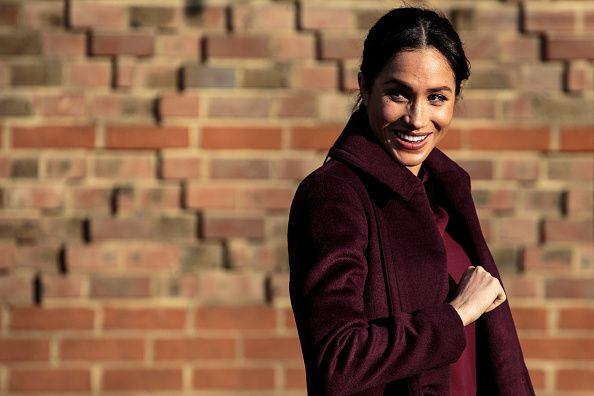Meghan Markle Writes Her Own Speeches; How Duchess Prepares For Royal Engagements

Meghan Markle reportedly writes her own speeches and stays up for days to prepare for her royal engagements.
In ABC News’ special “Meghan’s New Life: The Real Princess Diaries,” royal editor Omid Scobie said that he spotted the Duchess of Sussex with handwritten notes before addressing a crowd in Fiji during her 16-day overseas tour with Prince Harry.
“I asked a palace aide, ‘has she written this herself?’ as that’s quite unusual for the Royals, there are usually other people. This was all her, she’s been up for days working on this speech,” he said (via Express).
The members of the royal family usually have a staff that writes their speeches for them. They are simply tasked to read them on the day of their engagement. However, Markle has opted to write her own speeches. The former actress also advocates for feminism and speaks about the importance of gender equality and women’s rights in her speeches. Other female royals have not done the same thing.
Michell Ruiz, a journalist for Vanity Fair, said in the documentary, “In these times and for this family it is pushing the envelope to give speeches on feminism. It’s certainly something that the Queen doesn’t do, nor does Kate Middleton do. Meghan is the feminist princess of our dreams.”
During her recent trip to the University of the South Pacific in Suva, Markle addressed the students and said, “Everyone should be afforded the opportunity to receive the education they want, but more importantly the education they have the right to receive. And for women and girls in developing countries, this is vital. Providing them with access to education is the key to economic and social development.”
Markle once again addressed the importance of human rights during her speech at the Government House in Wellington, New Zealand.
“Women’s suffrage is not simply about the right to vote for women but also about what that represents. The basic and fundamental human right of all people – including members of society who have been marginalized – whether for reasons of race, gender, ethnicity, or orientation – to be able to participate in the choices for their future and their community,” she said.
© Copyright IBTimes 2024. All rights reserved.





















